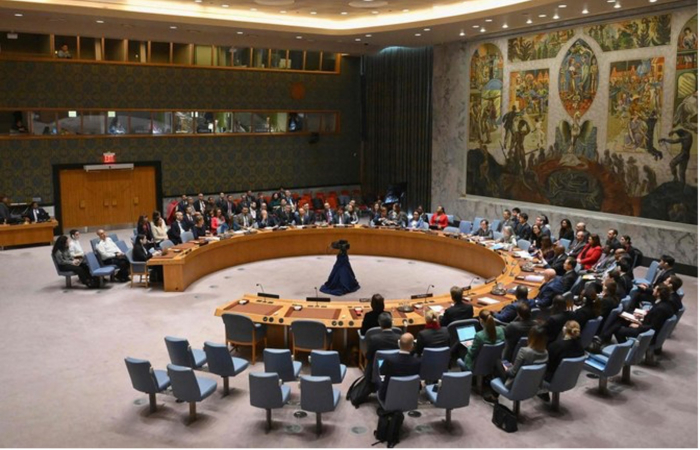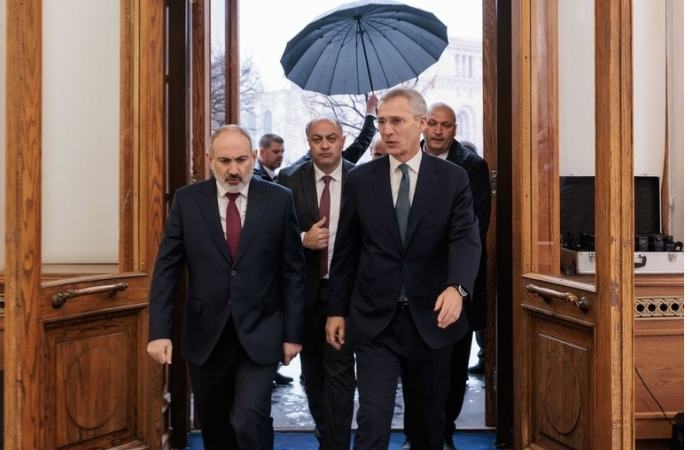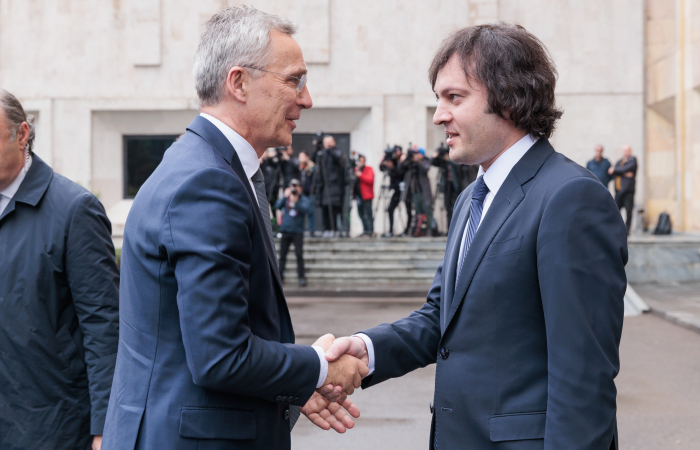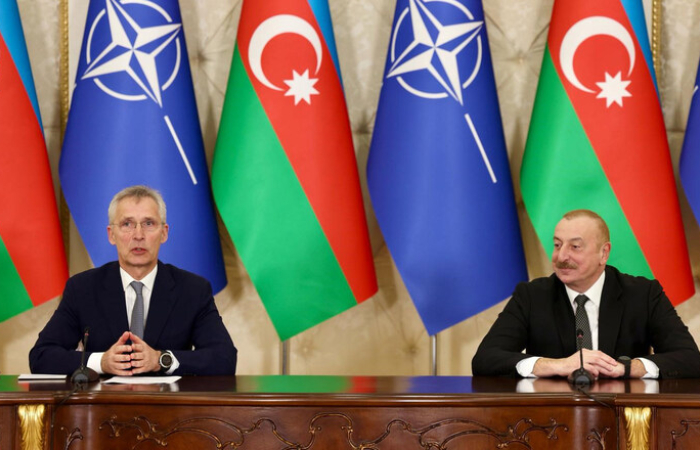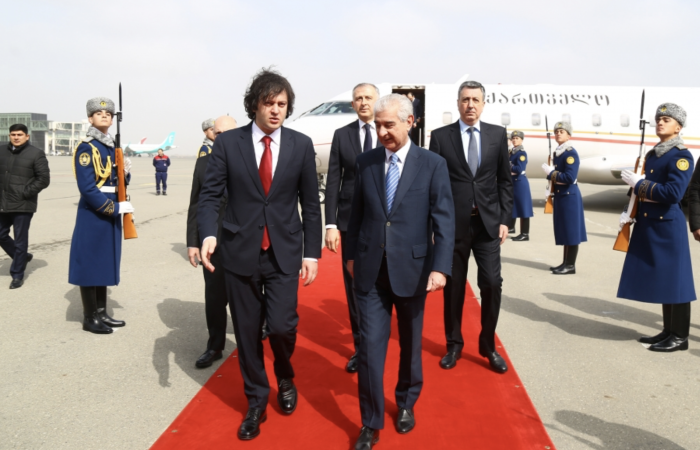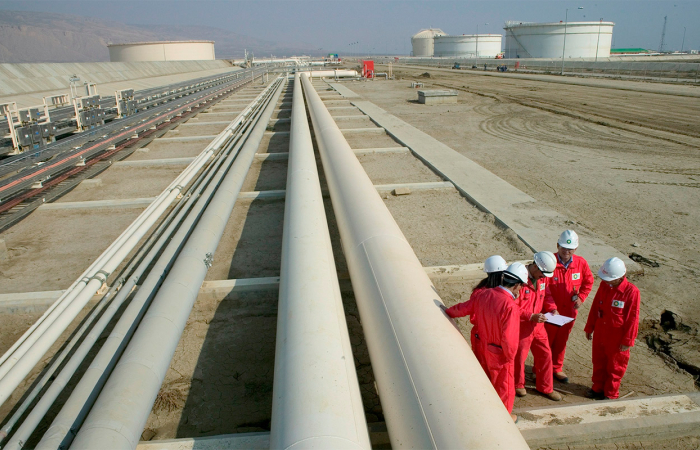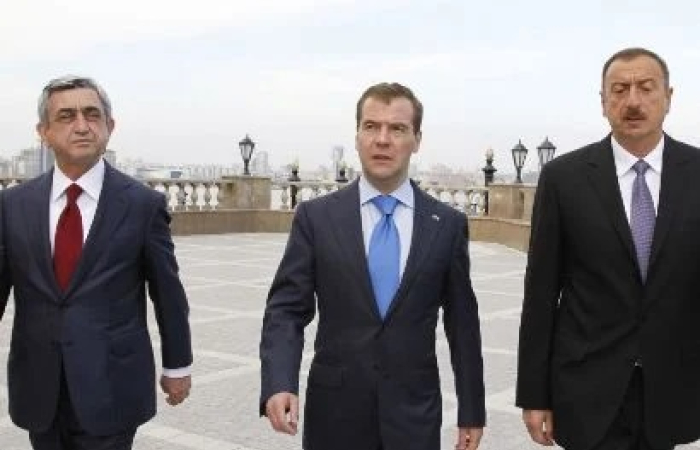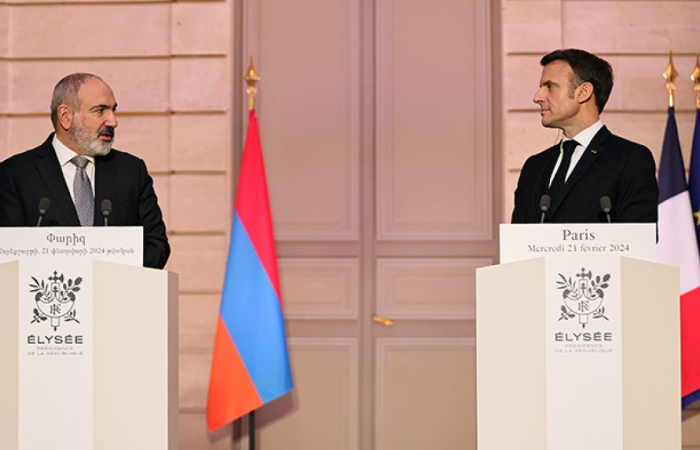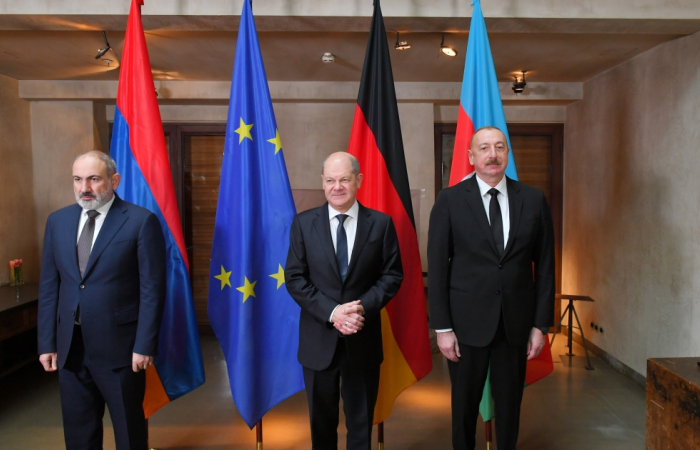Editor's choice
This is a members’ functionality. Please
Sign upNews
Trending
Too little, too late, but Arabs hope UNSC resolution dents US-Israel relations
26 March 2024
The situation in Palestine continues to cast a shadow over the Ramadan festivities in the Arabian Peninsula and across the Arab and Moslem worlds.
On Monday (26 March), the United Nations Security Council (UNSC) finally adopted resolution 2728, demanding an immediate ceasefire for the Muslim holy month of Ramadan, which started on 10 March, leading to a “lasting sustainable ceasefire”. The resolution, which was put forward by the Council’s elected members, also demands the immediate and unconditional release of all hostages and that the parties comply with their obligations under international law in relation to all persons they detain. Resolution 2728 emphasises the need to expand humanitarian assistance and reinforce the protection of civilians in the Gaza Strip. It also reiterates the Council’s demand to lift “all barriers to the provision of humanitarian assistance at scale”. Arab and Muslim governments have generally welcomed the adoption of UNSC resolution 2728.
But amongst a wary public in the GCC and beyond, there is widespread frustration and cynicism, and many consider it as being too little, too late.
Palestinian envoy to the UN, Riyad Mansour, speaking in New York yesterday, reflected this mood, saying it had taken “six months, over 100,000 Palestinians killed and maimed, 2 million displaced, and famine for this Council to finally demand an immediate ceasefire.” Palestinians have been killed “in their homes, in the streets, in hospitals and ambulances, in shelters, and even in tents,” he added. “This must come to an end now. There can be no justification for war crimes, crimes against humanity and genocide.” Acceptance of any justification for such crimes would be a renunciation of humanity and destroy the rule of international law beyond repair, Mansour said.





